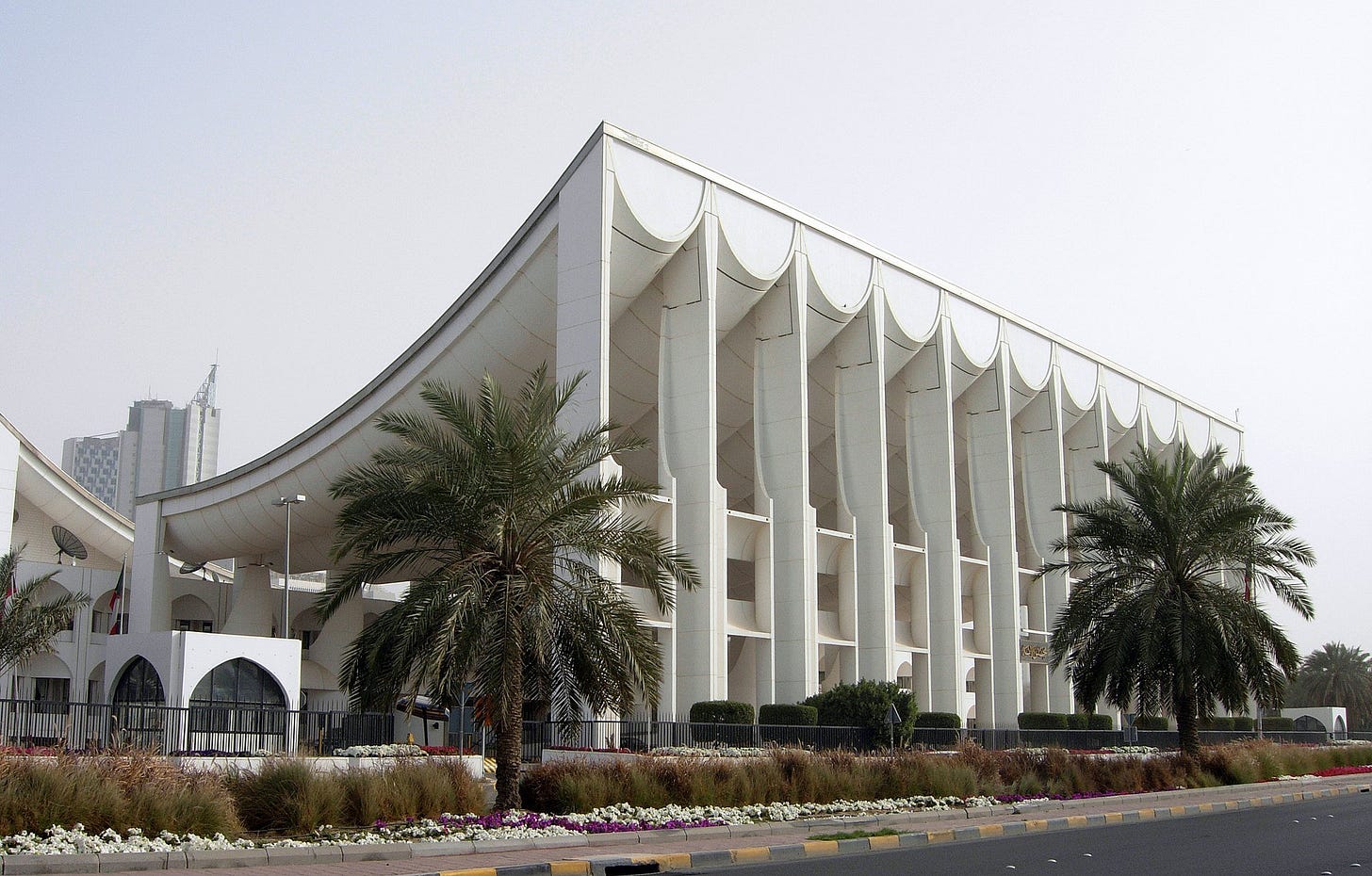Parliamentarism and Economic Freedom
Addressing a surprising gap in the book
I recently had the chance to meet Alex Nowrasteh. The man is just as smart and nice as you’d think from reading his tweets and papers. While talking about my book, he mentioned how much he liked it, but that he missed a treatment of the relationship between parliamentarism and economic freedom - and that a friend of his suggested it was negative. I knew this was wrong and was sure I had addressed it in the book. I pulled out my phone, opened the kindle version and searched “economic freedom”. No results. Oops. Economic freedom, as research has shown time and again, is a major cause of development (besides the very real benefits of just giving more freedom to people). It should have been there. The next posts are how I will try to correct for this lapse.
What should make clear that parliamentarism couldn’t possibly be bad for economic freedom in any meaningful way is that all good things go together, and they all go with parliamentarism. Here’s a list of the top 30 economic freedom ranking, according to Fraser’s 2019 report:
Of the top 30, 22 are parliamentary and only 7 are presidential*. We can rest assured that, even if parliamentarism somehow had a negative effect on economic freedom if you controlled for everything else good it brings, this effect can’t possibly be so strong, given that the majority of the most free countries are parliamentary. But of course parliamentarism doesn’t have a negative effect on economic freedom, it has a very positive one. Indeed, that’s a central mechanism for why it performs better than presidentialism. The reason I must have left it out is that I thought it was implicit.
It was implicit to me because I argue parliaments make policies more rational (by avoiding the most pernicious effects of expressive voting/rational irrationality), as well as more cohesive (consequences of a horizontal division of powers instead of a vertical separation of powers) and balanced in terms of interests considered (through the application Political-Coasean bargains).
If we look at the share of justified existing limitations on economic freedom across all countries, however, we see they are a small set. When we encounter them, it’s usually because rationality, balance, or cohesion has failed. Take, for example, tariffs. Paul Krugman once said “If there were an Economist’s Creed, it would surely contain the affirmations ‘I believe in the Principle of Comparative Advantage’ and ‘I believe in Free Trade.’” But free trade is rejected by the great majority of people in all countries. This means that the more a form of government is influenced by rational irrationality (as I argue presidential systems are), the greater the chance it will limit economic freedom.
A lack of cohesiveness will also often promote limitations on economic freedom. Suppose there are several inefficient rules. For example, there might be a high tariff (which favors import substititution sectors in detriment of exporters) but also an export subsidy (doing the exact opposite). It would be better for both sectors to lift both limitations, but because of the lack of cohesiveness, they are caught in a prisoner’s dilemma whereby they prefer not to risk losing the assured benefit for a potentially illusory gain. Parliamentarism, you will recall, has much greater cohesiveness.
Likewise a lack of balance will tend to limit economic freedom. The most obvious example are legal monopolies on some business activities which are granted to people close to those in power. But any favoritism (by definition) involves a lack of balance in interests considered. Presidential systems, with their winner-take-all nature, are fundamentally unbalanced.
So we have a strong case for parliamentarism increasing economic freedom. At the very least, we have an ironclad case for it not being too detrimental to it.
On a second post, I will examine the (scarce) empirical literature on the subject. We’ll see that it also points to advantages of parliamentarim.
*As usual, I rely on the classification of the Database of Political Institutions.




Economic freedom indexes are rubbish though: https://open.substack.com/pub/philosophybear/p/from-the-archives-the-heritage-foundation?utm_source=share&utm_medium=android&r=5cvsu